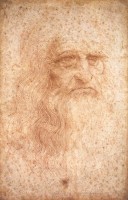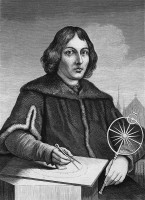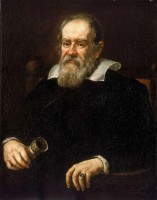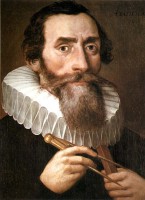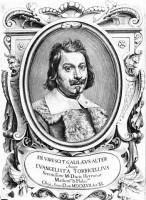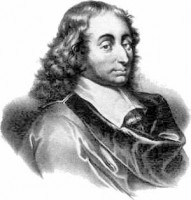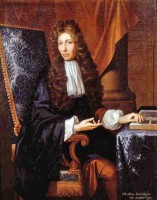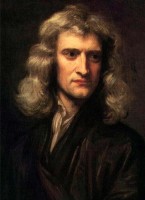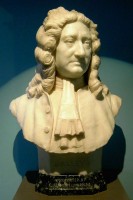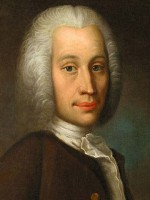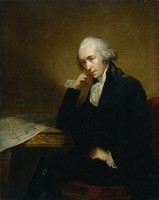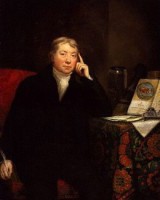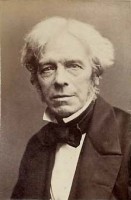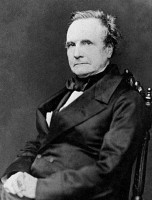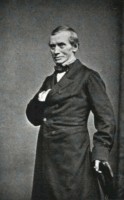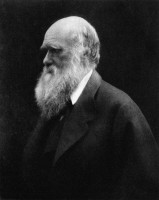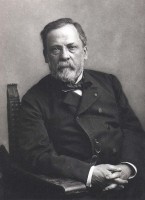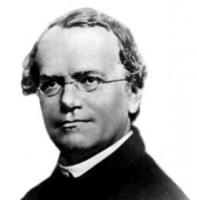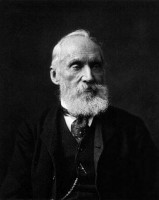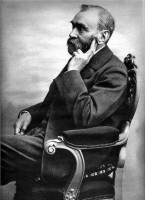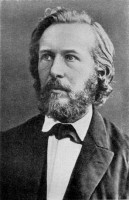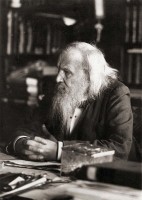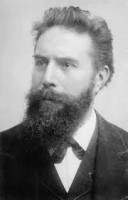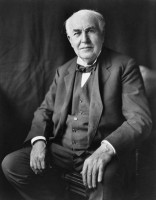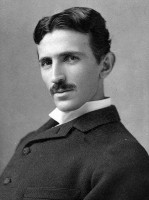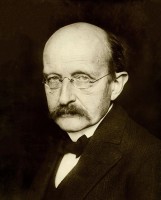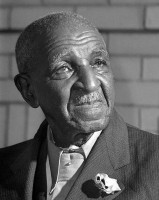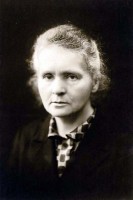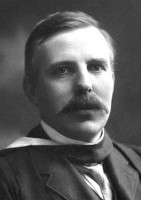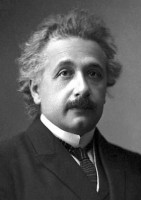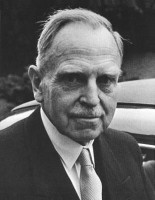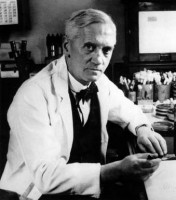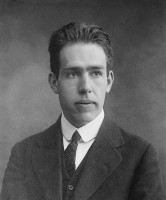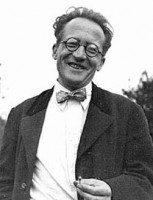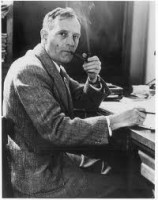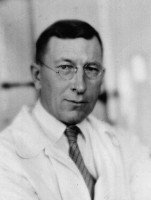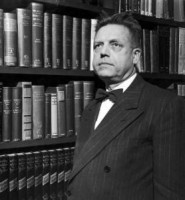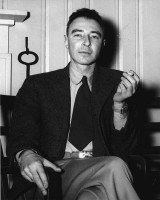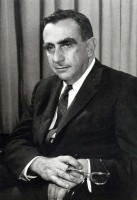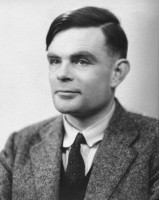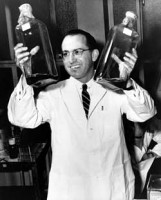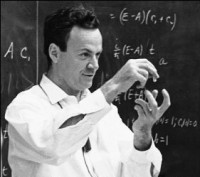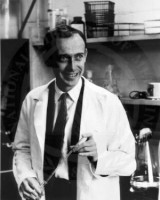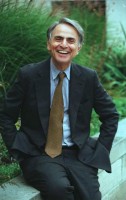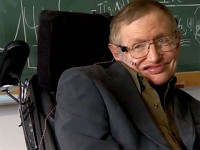Scientific discoveries over the centuries have helped shape the way we live today. Without pioneering scientists working towards cures for diseases, new inventions, and better ways to do things, life today would be different. Here are some of the most influential visionaries throughout history, organized in chronological order, who have made a significant contribution to the scientific community and to our everyday lives.
Scientists of Antiquity
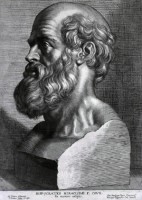 |
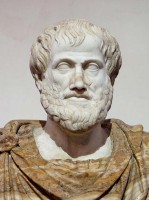 |
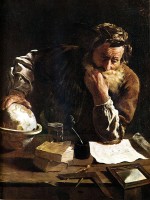 |
| Hippocrates (c.460 BC – c.370 BC) Nationality: Greek Known for: Father of Medicine Credited with writing the Hippocratic Oath that today’s medical professionals still follow in their practice. He had the theory of the vapors, which stated that many diseases were the result of a bad diet. |
Aristotle (384 BC – 322 BC) Nationality: Greek Known for: Theory of Three Psyches, Scientific Method Wrote about many scientific topics, including biology, physics and zoology. His ideas helped shape Western scientific thought into the Renaissance until they were replaced with with Newtonian physics. |
Archimedes (c.287 BC – c.212 BC) Nationality: Greek Known for: Archimedes Principle, Archimedes Screw Astronomer, scientist, and physicist with several inventions to his name. He created a formula to calculate the area of the underside of a parabola. He also designed many machines of antiquity. |
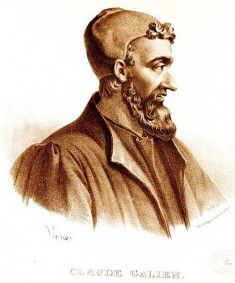 |
||
| Galen (c. 129 AD – 200/216 AD) Nationality: Roman Known for: Father of Medicine Galen was best known as Galen of Pergamon. He was a famous philosopher and surgeon amongst the Romans. His works contributed greatly to the knowledge of anatomy, pathology, physiology, neurology, pharmacology, logic, and philosophy. |
Scientists of the Middle Ages
Scientists of the Scientific Revolution
Scientists of the Age of Enlightenment
Scientists of the 19th Century
Scientists of the 20th Century
Written by: Chad A. Hagy
